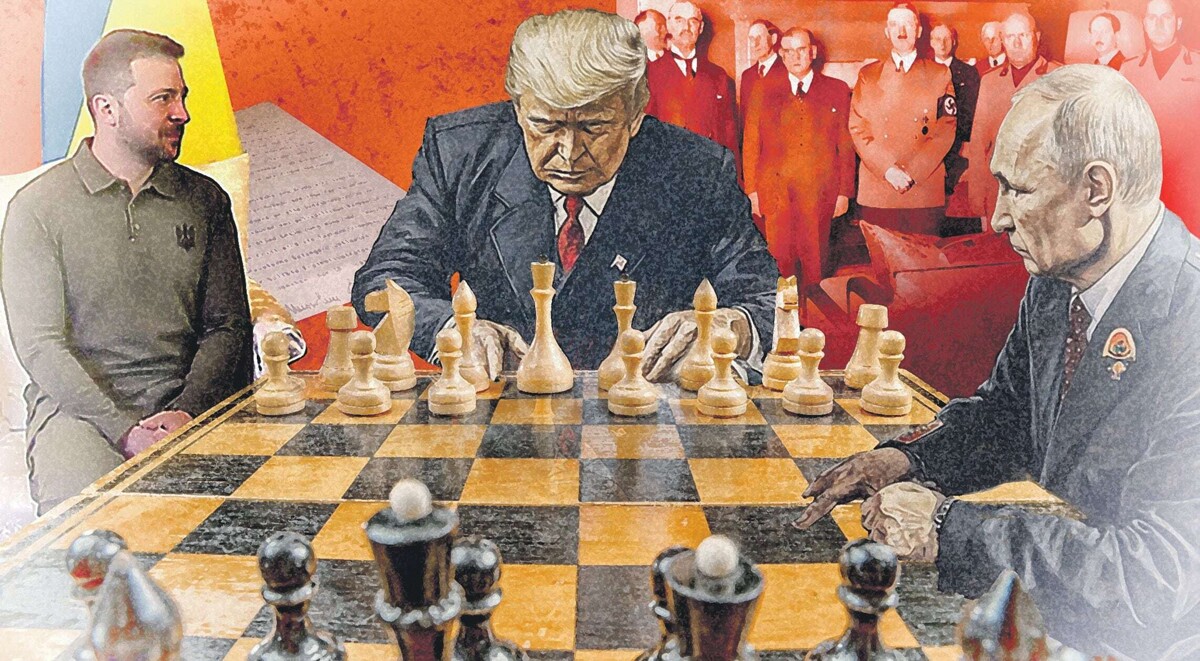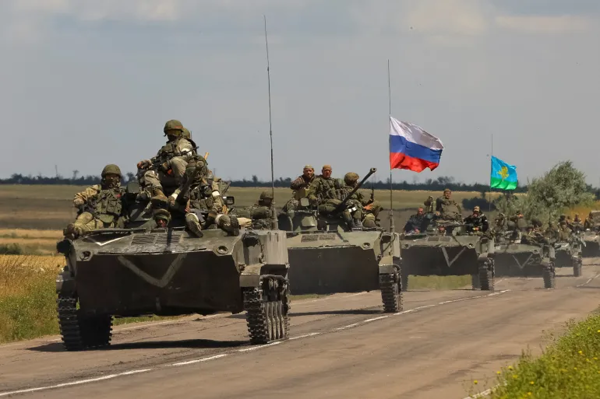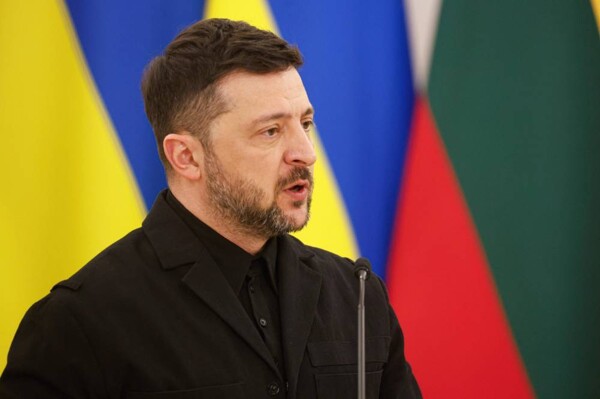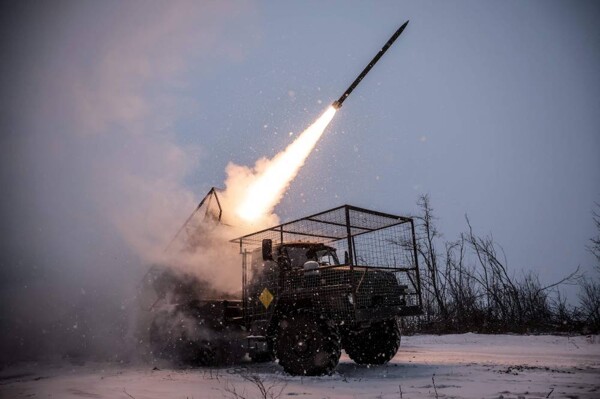
The world was at a critical point in history, unable to decide what was more dangerous: agreeing to a defensive treaty with the Soviet Union or risking a two-front war against Germany and, potentially, the USSR. Hitler and Stalin, despite their pragmatism without moral dilemmas, showed a long-term vision. Although they agreed not to attack each other and to share Eastern Europe, a conflict was perceived as inevitable, highlighting the unreliability of the German leader's promises.
The failure to secure an agreement with Stalin allowed Nazi and Soviet expansion, leaving France and England paralyzed by distrust towards the Soviet regime. The absence of Ukraine in the negotiations, a country severely affected by the Russian invasion, placed it in a vulnerable position. The stance of the U.S. president implied excluding Ukraine from the talks, turning Zelensky from a figure of resilience into a leader questioned for his inability to manage the conflict.
The non-aggression pact signed by Hitler and Stalin in August 1939 marked a critical point, where diplomacy failed and Europe's fate was sealed. The Munich Agreement in September 1938, which allowed Hitler to annex the Sudetenland with the blessing of Western leaders, exemplifies the fragility of political pacts. History reveals the consequences of convenience pacts between ruthless leaders.
The conflict between Russia and Ukraine, immersed in changing and confusing alliances, is not new and suggests an uncertain outcome. The comparison of Trump with Hitler and Putin with Stalin is based on political pragmatism that prevails over ethical considerations. Ukraine's resistance against Russia, despite internal political issues, demands recognition in the face of a divided Europe and unstable international relations.
Throughout history, there is a tendency for leaders to seek pragmatic alliances based on their own interests, beyond opposing ideologies. Ukraine's resistance and the Western response to Russian aggression raise a dilemma about the true cost of wars and political interests. The lesson from history suggests that, in politics, intelligence and convenience often prevail over consistency and ethics.














